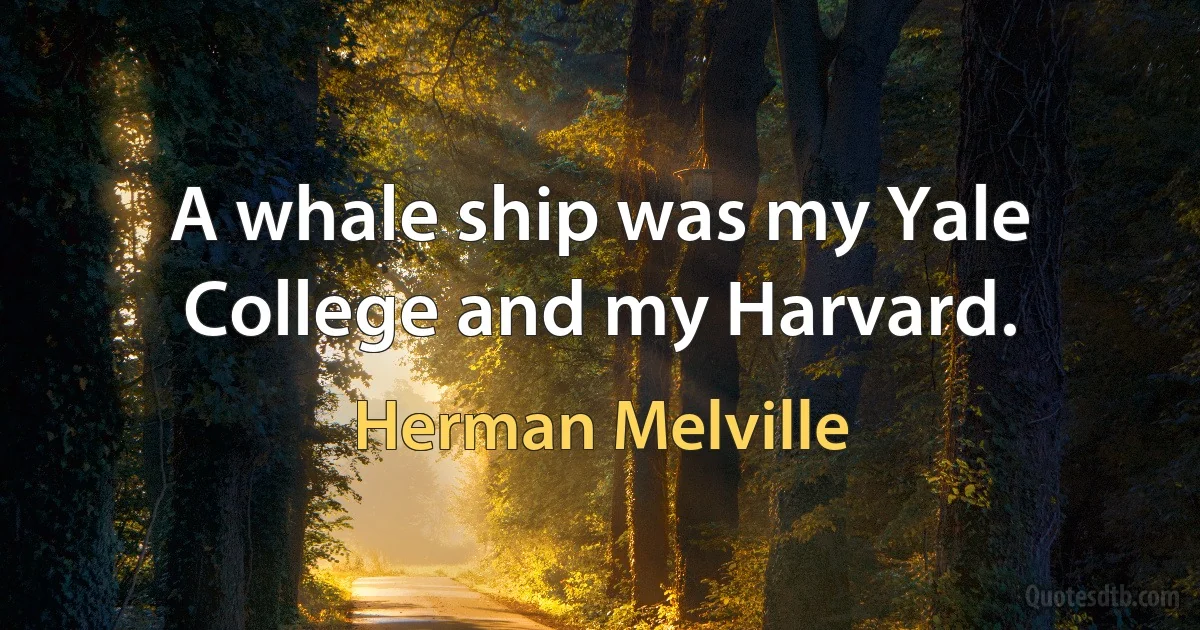Ship Quotes - page 12
The Achaeans of north Greece, which was later to be called Thessaly, seem to have been the great sea-adventurers of the heroic age. With this country were connected the memories of early Greek exploration of the Euxine, in the legend of the ship Argo. And to the Achaeans of Thessaly we must probably refer the earliest notice which preserves the Achaean name in a historical document. An Egyptian writing tells us that they came in company with other peoples "from the lands of the sea" and invaded Egypt in the year 1229 B. C., when Memptah was king. But the great achievement which made the Achaeans illustrious was one in which southern and northern Greece combined-the expedition against Troy.

J. B. Bury
In the imagination of those who are sensitive to the realities of our era, the earth has become a space ship, and this, perhaps, is the most important single fact of our day. For millennia, the earth in men's minds was flat and illimitable. Today, as a result of exploration, speed, and the explosion of scientific knowledge, earth has become a tiny sphere, closed, limited, crowded, and hurtling through space to unknown destinations. This change in man's image of his home affects his behaviour in many ways, and is likely to affect it much more in the future.

Kenneth Boulding
Borrowing to build factories is not the economic equivalent of borrowing to buy television sets, and it's amazing just how few modern economists can see the difference...Borrowing to produce is the way poor countries become rich. Borrowing to consume is the way rich countries become poor. A vivid example of the latter is the stream of container ships unloading at U. S. ports and going back empty because we have nothing to ship.

Peter Schiff
I would give great praise to the physician whose mistakes are small, for perfect accuracy is seldom to be seen, since many physicians seem to me to be in the same plight as bad pilots, who, if they commit mistakes while conducting the ship in a calm do not expose themselves, but when a storm and violent hurricane overtake them, they then, from their ignorance and mistakes, are discovered to be what they are, by all men, namely, in losing their ship.

Hippocrates
An overstrained sense of manliness is the characteristic of seafaring men. This often gives an appearance of want of feeling, and even of cruelty. From this, if a man comes within an ace of breaking his neck and escapes, it is made a joke of; and no notice must be taken of a bruise or cut; and expression of pity, or any show of attention, would look sisterly, and unbecoming a man who has to face the rough and tumble of such a life. From this cause, too, the sick are neglected at sea, and, whatever sailors may be ashore, a sick man finds little sympathy or attention, forward or aft. A man, too, can have nothing peculiar or sacred on board ship; for all the nicer feelings they take pride in disregarding, both in themselves and others. A "thin-skinned" man could hardly live on shipboard. One would be torn raw unless he had the hide of an ox.

Richard Henry Dana, Jr.
It had been the winter of 1835-6 that the ship, Alert, in her voyage for hides on the remote and almost unknown coast of California, floated into the vast solitude of the bay of San Francisco. All around was the stillness of nature. One vessel, a Russian, lay at anchor there, but during our whole stay not a sail came or went. Our trade was with remote missions, which sent hides to us in launches manned by their Indians... Over a region far beyond our sight there was no other human habitations, expect that an enterprising Yankee, years in advance of his time, had put up, on the rising ground above the landing, a shanty of rough boards, where he carried on a very small retail trade between the hide ships and the Indians. On the evening of Saturday, the thirteenth of August, 1859 (I again sailed into) the entrance to San Francisco, (now) the great center of worldwide commerce.

Richard Henry Dana, Jr.
It is color, not locally true from the point of view of the stereoscopic realist, but color to suggest any emotion of an ardent temperament. When Paul Mantz saw at the exhibition the violent and inspired sketch of Delacroix.... the 'Barque of Christ' - he turned away from it exclaiming: 'I did not know that one could be so terrible with a little blue and green'. Hokusai wrings the same cry from you [Theo], but he does it by his line, his drawing, when you say in your letter - 'the waves are claws and the ship is caught in them'. Well, if you make the color exact or the drawing exact, it won't give you sensations like that.

Vincent van Gogh
When more than 90% of the gains have gone to the top 1%, that's where the money is. And we are going to follow the money. And if companies take tax breaks and then ship jobs overseas, we'll make them pay us back. And we'll put that money to work where it belongs ... creating jobs here at home!

Hillary Clinton
A white spot is on the horizon. There it is. A terrible storm is brewing. But no one sees the write spot or has any inkling of what it might mean. But no (this would not be the most terrible situation either), no, there is one person who sees it and knows what it means-but he is a passenger. He has no authority on the ship, can take no action. ... The fact that in Christendom there is visible on the horizon a white speck which means that a storm is threatening-this I knew; but, alas, I was an am only a passenger.

Søren Kierkegaard
Before, when I was covering the war in Vietnam and Cambodia, we used to have what I call the three Ss. You would shoot a story, you would script a story, which is to write it and then ship the story. And if you were in Cambodia you'd go to the airport and try to find a pigeon to carry it out for you. Someone who was leaving Cambodia to go to either Bangkok or Saigon or Hong Kong because there wasn't the satellite technology. There was no uplinks then. Today, the second major change is also in personnel. Today you have so much satellite coverage you can report live why from a battlefield. Before you were often there just by yourself. Now you're likely to be with 20 other reporters. I just think there's more people out there covering the same story and covering it in a very different way because of the technological advances.

Ed Bradley
Surely to no nation has Fate been more malignant than to Russia. Her ship went down in sight of port. She had actually weathered the storm when all was cast away. Every sacrifice had been made; the toil was achieved. Despair and Treachery usurped command at the very moment when the task was done.

Winston Churchill



